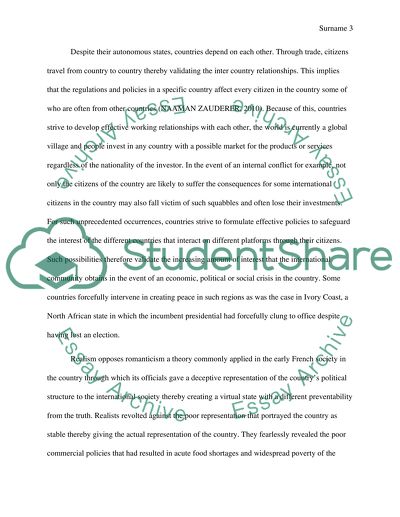Cite this document
(“Realism and Liberalism are classical theories of International Essay”, n.d.)
Realism and Liberalism are classical theories of International Essay. Retrieved from https://studentshare.org/history/1475559-realism-and-liberalism-are-classical-theories-of
Realism and Liberalism are classical theories of International Essay. Retrieved from https://studentshare.org/history/1475559-realism-and-liberalism-are-classical-theories-of
(Realism and Liberalism Are Classical Theories of International Essay)
Realism and Liberalism Are Classical Theories of International Essay. https://studentshare.org/history/1475559-realism-and-liberalism-are-classical-theories-of.
Realism and Liberalism Are Classical Theories of International Essay. https://studentshare.org/history/1475559-realism-and-liberalism-are-classical-theories-of.
“Realism and Liberalism Are Classical Theories of International Essay”, n.d. https://studentshare.org/history/1475559-realism-and-liberalism-are-classical-theories-of.


